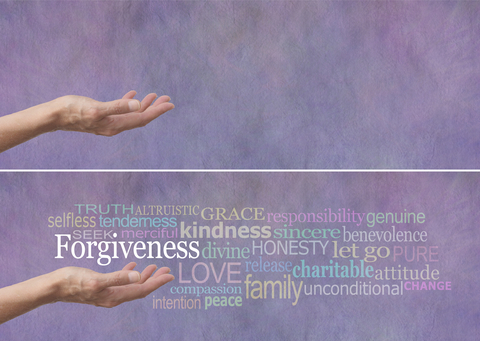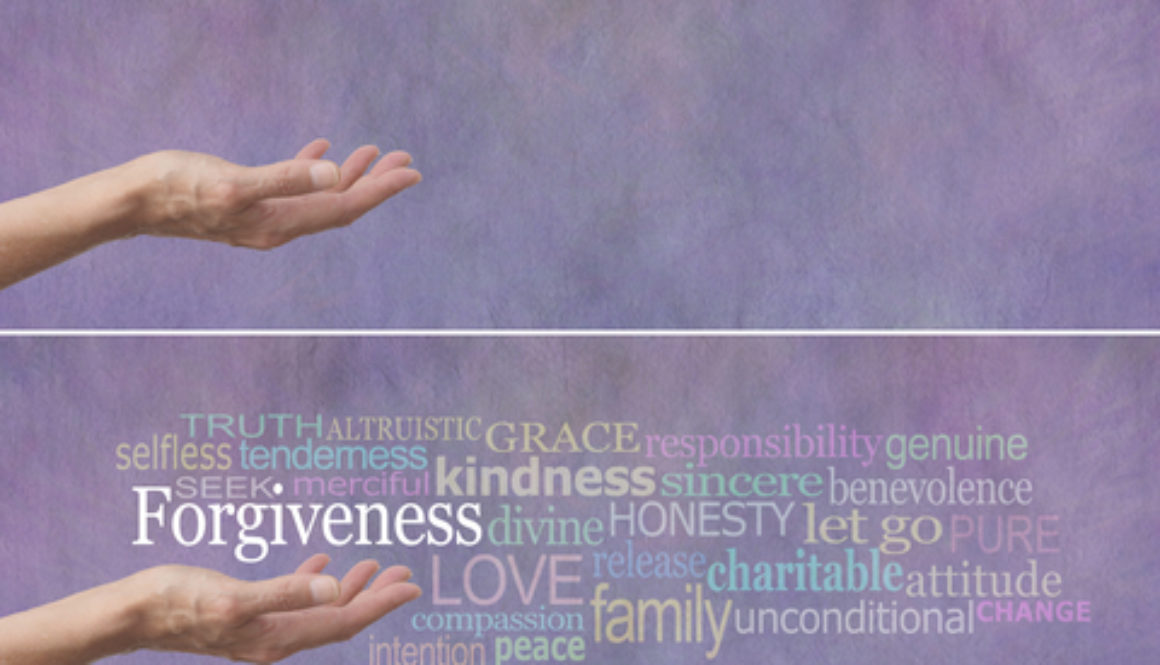Being the Voice of Peace
In a divided culture of “us versus them”, being the friend who encourages reason and peace may be risky, but the rewards are enormous.

I’m pretty confident that your Facebook feed of all your friends’ posts and comments doesn’t look all that different from mine. Aside from the occasional dog/cat video, much of the discourse today on social media is all about advocacy for one ideology or another. The ranting and raving about the political issue du jour (guns, race, gender issues, immigration, etc.) fills our comment threads, together with all the name-calling and character-questioning that comes with this divisive culture. In short, it’s a big gang war and everyone waves their colors proudly…and few people seem to care much about the casualties.
Part of what fuels the divisiveness is the desire each of us has deep down inside to be heard…to be a voice of influence. And in a culture where the advocacy gets more and more prominent, it may seem that the only way to be heard is to scream even louder and to become even more radical. After all, none of us wants our voice to simply get lost in the white noise of other voices. So, our inclination is to join the fray, to become a leader or influencer for our “team”. We aim for being more articulate and more persuasive than others, all in our effort to get the win for our side.
But, in such a gang war, is there a win to be had? Ever? Well, maybe that is a debate for another post. Here is a more personal question: as we busy ourselves with the ranting and raving and escalating voices, what kinds of meaningful relationships are we building? Even within our own team, our own “tribe”, how are our closest relationships, i.e., our most genuine friendships?
If I want to be a leader among friends, it seems to me that my voice must find a different way to stand out. I must be capable of looking even higher than the political ideologies of my tribe, to see the larger values that actually bind mankind together. If I want to be an influence for good for the friends and family in my life, my voice must sound different than the verbal grenades and flame-throwers dominating our media today.
There’s a great story in the Bible about David (after he killed Goliath) as he was building his own “tribe” of men who would band together to eventually help him become king. He and his little band of brothers were on the run and in hiding from the current king (Saul) who wanted David dead. The battle was on. The terms of engagement seemed clear enough. But in a God-ordained moment of opportunity for David to sneak up behind Saul and dispose of him once and for all, David relented. Instead of ending the war right then and there, he simply cut off a corner of Saul’s robe without Saul even knowing it. And then this happened:
Afterward, David was conscience-stricken for having cut off a corner of his robe.He said to his men, “The Lord forbid that I should do such a thing to my master, the Lord’s anointed, or lay my hand on him; for he is the anointed of the Lord.”With these words David sharply rebuked his men and did not allow them to attack Saul. 1 Samuel 24:5-7
Not only did David choose the path of peace, but he used his influence to encourage his followers down that same path. He demonstrated a leadership voice that is a game-changer. It is the type of voice for which our current culture is desperate. And it is the type of voice that presses friendships deeper than most of us can even imagine. In our Five Conversations for Healthy Relationships, we call this “talking about what could be”. It means being the kind of friend who not only sees the path of peace (reconciliation, forgiveness, etc.) but also encourages others to take it.
As you pause momentarily from the surrounding culture wars and take a quick glance at the friendships around you, are you happy with what you see? Or wouldn’t you like to see those friendships grow deeper and more meaningful? If deeper and more meaningful is what you desire, have you considered what kind of voice you will use in order to make that happen? More to the point: what if you are the friend or family member who is supposed to be encouraging others down the path of peace?

